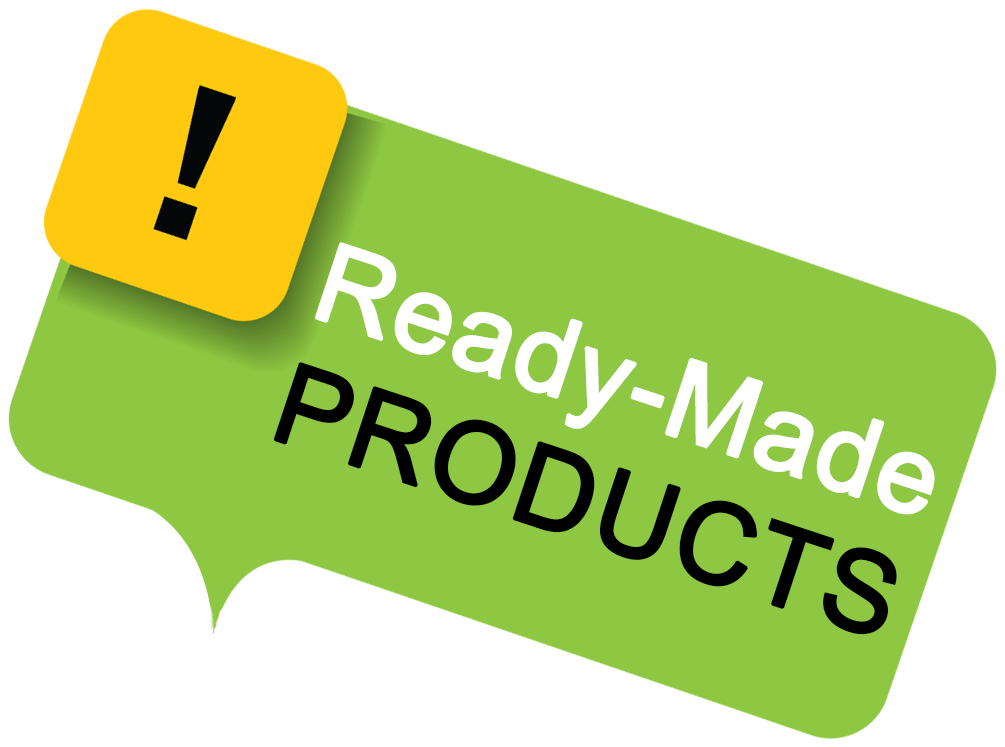Blog
Crypto exchange industry is not as compliant as it appears to us
Apr 11, 2019According to the recent studies, numerous crypto exchange companies still do not have sufficient KYC policies. 69 percent of crypto companies does not have proper know-your-customer (KYC) procedures, and only 26 percent of exchanges had appropriate anti-money laundering (AML) procedures in place. In particular, experienced in AML staff members responsible for transaction monitoring and internal compliance staff with sufficient experience in AML.
Whereas certain people may consider unidentified trading as a special feature of the cryptocurrency market, in particular cases it may also enable questionable business practices and criminal or terrorist activity. A lot of such platforms require just a crypto wallet address in order to start using it.
Generally, there were several exchanges identified as “low risk” due to official licenses and strict KYC/AML policies, among them are Coinsquare, Coinbase, Gemini and the Circle-owned Poloniex.
It is worth noting that numerous exchanges own separate legal entities that deal with deposits, money transmission or payment processing in separate jurisdictions where the applicable regulations are weak or still inapplicable for crypto.
The experts said the following:
“The parent company may operate the exchange but the money is transmitted through the other entity. If, for example, you lose your money and think it is a U.K. company and that you can have recourse for this money, but it turns out that this is entity formed in some dodgy jurisdiction and you don’t know who is the owner, it’s very difficult to have recourse.”
This type of business structure can possibly create more lawsuits, similar to the famous one against Bitcoin Market, filed in November 2018. It is still unclear whether Oklahoma, where the exchange owners reside, is the correct jurisdiction for this case or not.
Read our blog to keep abreast of all interesting and actual crypto news.


